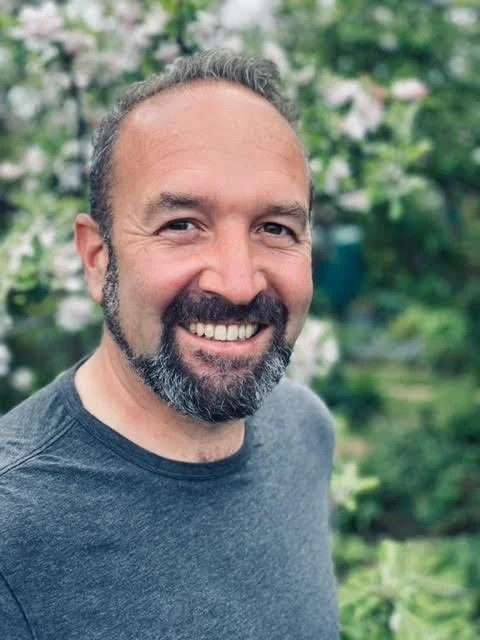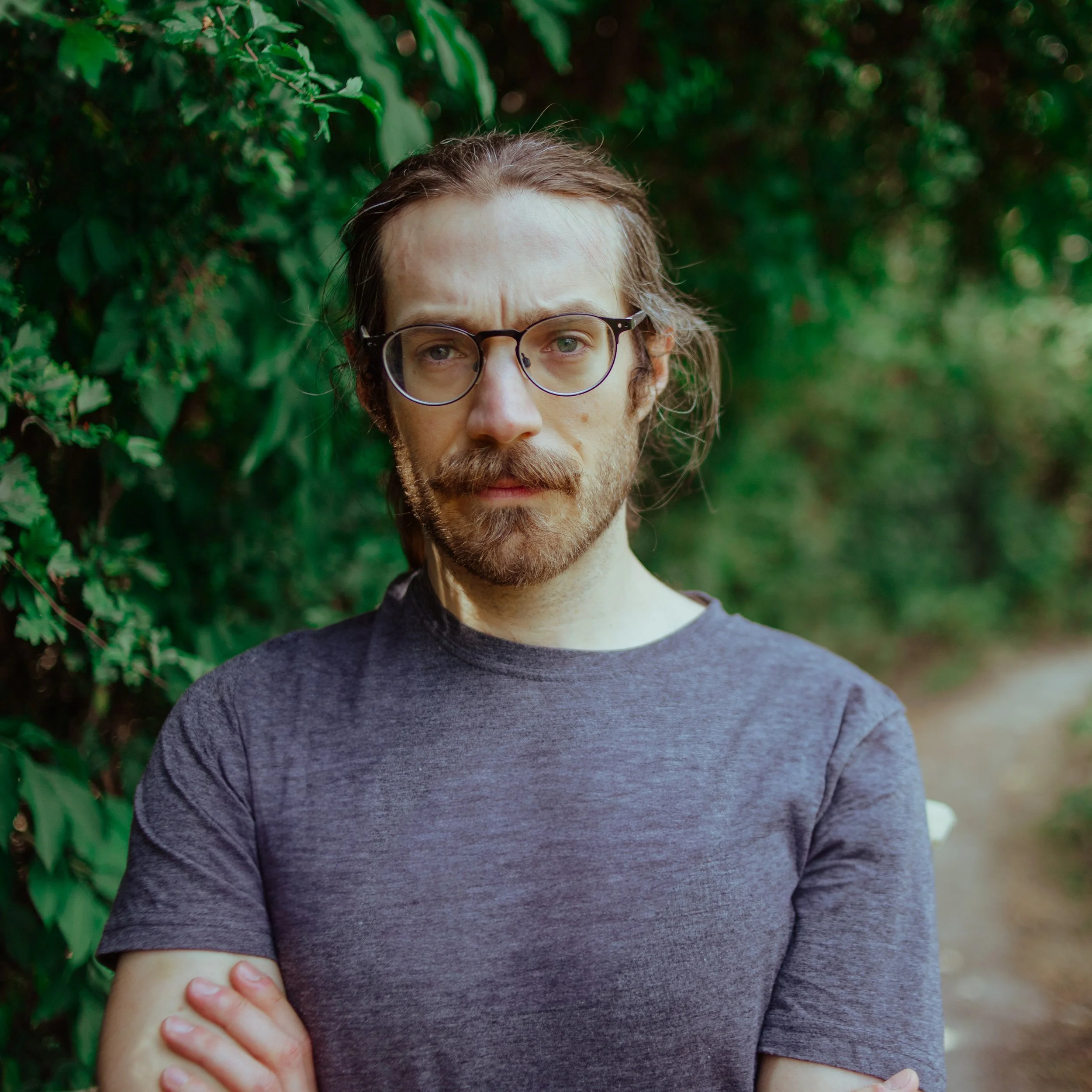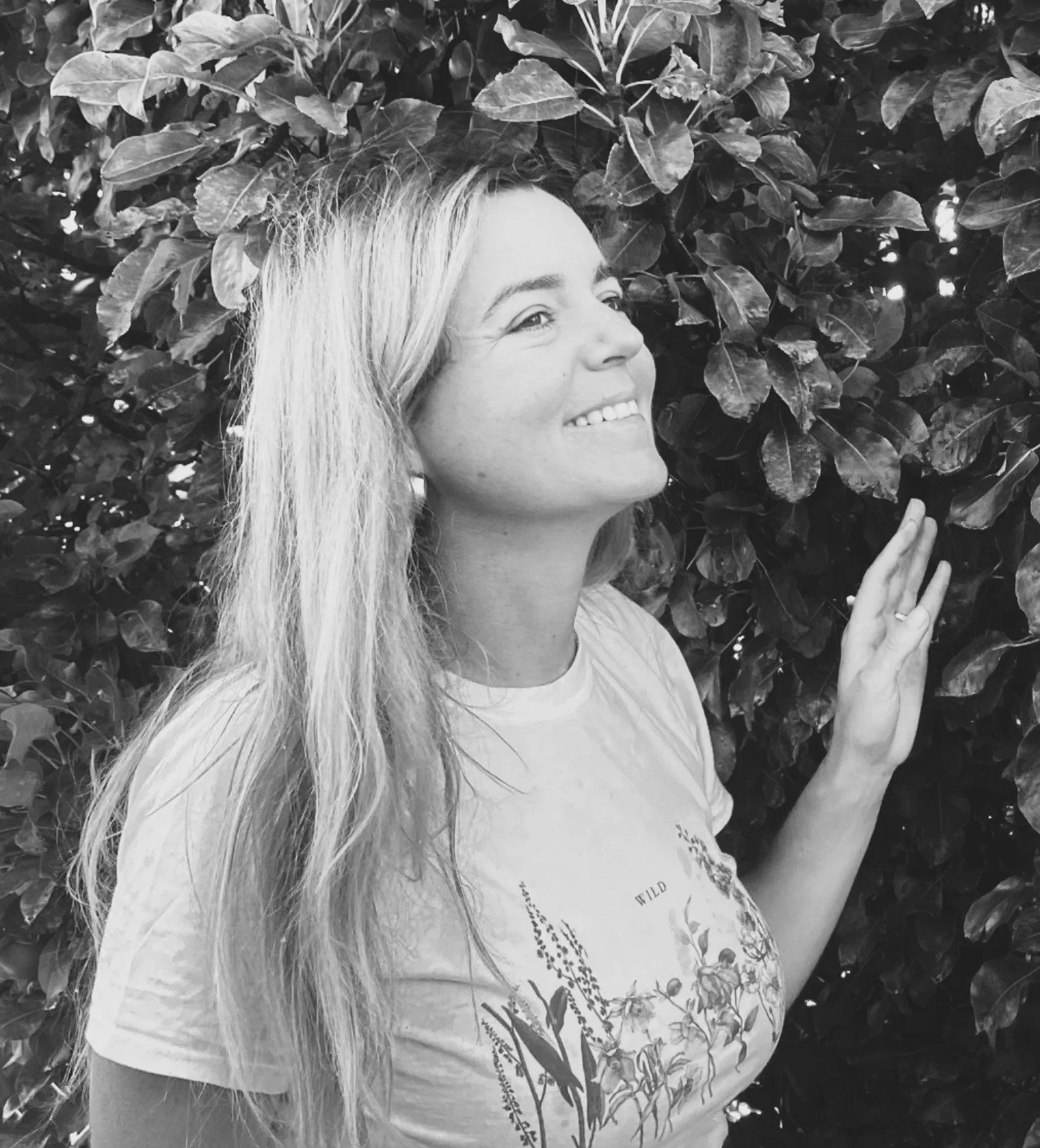Who we are
The Network acts as a hub for UK-based people currently participating in Rights of Nature related campaigns, research, and creative projects. It is hosted by Moral Imaginations. We are a multidisciplinary group, composed of academics, activists, creatives, organisers, lawyers, and many others whose efforts blur the lines between fields.
Current members of this group form part of organisations and grassroots groups including the Anima Mundi Law Initiative, Client Earth, Ecoforensic, Environmental Law Foundation, Lawyers for Nature, Love Our Ouse, Moral Imaginations, Opus Independents, the pollen project and the Soil Association. This Network is also intimately connected with the emergent River Rights Network and working to build enduring relationships with other related initiatives. We also have members doing research and teaching at Institutions including the Open University, SOAS, and the Universities of Cambridge, Essex, Dundee, Reading, Sussex and Southampton.
In bimonthly meetings, our members exchange insights and understandings of what it would mean to recognise the rights of nature in the particular socio-political context of the UK.
Together, we are greater than the sum of our parts and find strength in our differing backgrounds. We are united by an urge to see the Rights of Nature recognised in the UK whilst engaging with the broader cultural implications this will have. Our members work in a variety of ways and hold different, ever-evolving, theories of change.
We are held together by our Mission Statement which we invite you to read below.
Our Mission
This mission statement has been written as a collective to capture the essence of the Network and create a sense of lasting unity and guidance. We recognise the broad cultural implications of Rights of Nature recognition and are committed to building relationships of mutual respect and understanding within the UK RoN movement, spanning disciplines, and learning as we grow.
This statement starts with 5 shared, grounding values and follows with a set of 5 aims to be reflected in the actions taken as a group in the future.
Guiding values:
Interdependence: Humans are a part of nature, and not separate from it, living as part of an interdependent whole with other species and systems.
Intrinsic value: Efforts to protect and restore ecosystems and natural entities should be made for nature’s sake, and should not be solely premised on instrumental value such as property interest or the advantage of certain human groups. This is done alongside recognising the intrinsic value of humanity too.
Peace: Our efforts are made in pursuit of peace and harmonious coexistence throughout nature.
Diversity: We find strength in the diversity of individuals and groups forming the network and value the voices of all members.
Unity: The network operates collectively with integrity and honesty.
Guiding Aims:
Legal, socio-political and cultural reform: Implementing Rights of Nature as a tool for radical cultural and socio-political change and legal transformation.
Movement building: Creating a hub for UK-based people who are a part of the RoN movement to collaborate across disciplines and build the field.
Outreach: Growing the movement through educational content and communications geared to a range of groups in society
Support: Providing support to values-aligned campaigns and grassroots activism.
Reflection: Exploring and engaging with the broader social and political implications of RoN recognition.
Coordination and Stewardship:
Since its emergence, each Network member has brought their own flair and experience to the group. The role of the coordinating team has been to provide organisational structure and create a space where this range of backgrounds and ways of thinking strengthens the movement from the inside out. Phoebe Tickell coordinated regular meetings for over a year and orchestrated our first funding bid. At this stage, Lucy Gavaghan provided support to deliver the first group gathering and worked part-time from September 2024 - September 2025 to facilitate a healthy rhythm of meetings, newsletters, and events.
A stewardship group is in formation to discuss ongoing matters of the governance and growth of the network. A full set of introductions is on the way.
Phoebe Tickell is a scientist, systems thinker, and founder and director of Moral Imaginations, a non-profit catalysing regenerative futures by igniting humanity's moral imagination. Inspired by the Tibetan Shambala Warrior Prophecy and mentored by Joanna Macy, Moral Imaginations shifts worldviews to centre nature, future generations, and an equitable future for all. Since 2021, the organisation has worked with 75+ organisations including Camden Council, Defra, IKEA, and the London Marathon, training over 1,000 people. It pioneered the first more-than-human perspective into UK government policy-making and created a functioning more-than-human citizens assembly. In 2022, its award-winning collaboration with Camden Council embedded moral imagination as a practice into council leadership and strategy.
(strategy coordinator)
Thomas Rickard studied participatory water governance in Brazil. He is currently a researcher, writer and activist for nature-centric governance in the UK. He represents nature on the board of we are Nature-Bases CIC. Locally, he is on the steering group of the Friends of the River Exe and engaging efforts to bioregion South Devon.
(Interim coordinator)
Lucy Gavaghan is an organiser and researcher with a degree in International Law and International Relations. In 2022, she founded the pollen project, an independent storytelling initiative. Lucy takes a systems approach and works with international and regional nature-based networks to design creative ways of processing and responding to complex, interconnected, crises. Discussions of nature-connectedness and climate breakdown need to be more accessible. For that reason, inclusion and accessibility must be at the core of our work.
(Stewardship group)
Josh Levene has a background in anthropology and ecological design, with over 25 years of experience working with river-based communities in Africa, South Asia, and the UK. He is a Director of Love Our Ouse, the first river in the UK to have its rights recognised by a council. He also currently manages the UK River Rights Networks’ ‘Rivers of Hope’ programme which aims to scale up the adoption of rights-based approaches for rivers in the UK.
(Stewardship group)
Neil Williams is an interdisciplinary philosopher, based at the University of Southampton. In his research he works with other academics and environmental practitioners to explore the concepts, values, and attitudes which underpin the rights of nature. Through sharing knowledge and organising events, he works to support the development of local rights of nature campaigns in the UK. In 2023 he led the formation of the River Rights Network, which brings together river rights campaigners from across the UK to coordinate and share best practice with each other.
(Stewardship Group)
Marzia Briel-Barr is a qualified South African Attorney specialised in Commercial Law, bringing over 15 years of global regulatory and governance experience to Academia. With career experience in Legal, Compliance, Regulation and Governance roles, first in financial services but more recently in the Public Science and Engineering sector. The key themes of her academic research include nature-centric Governance ecosystems, AI Regulation, Intellectual Property and Research Policy.
(Stewardship group)
















